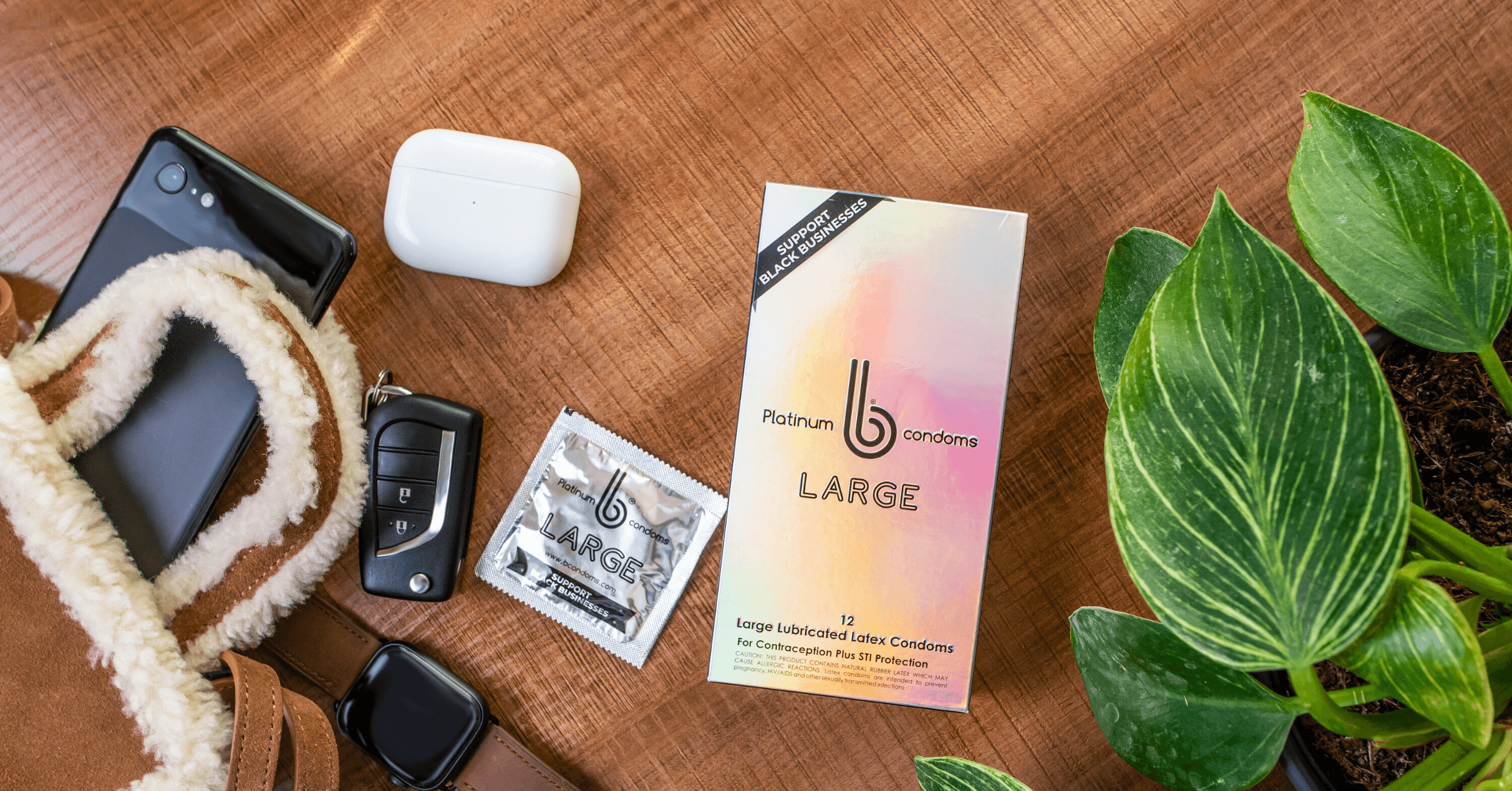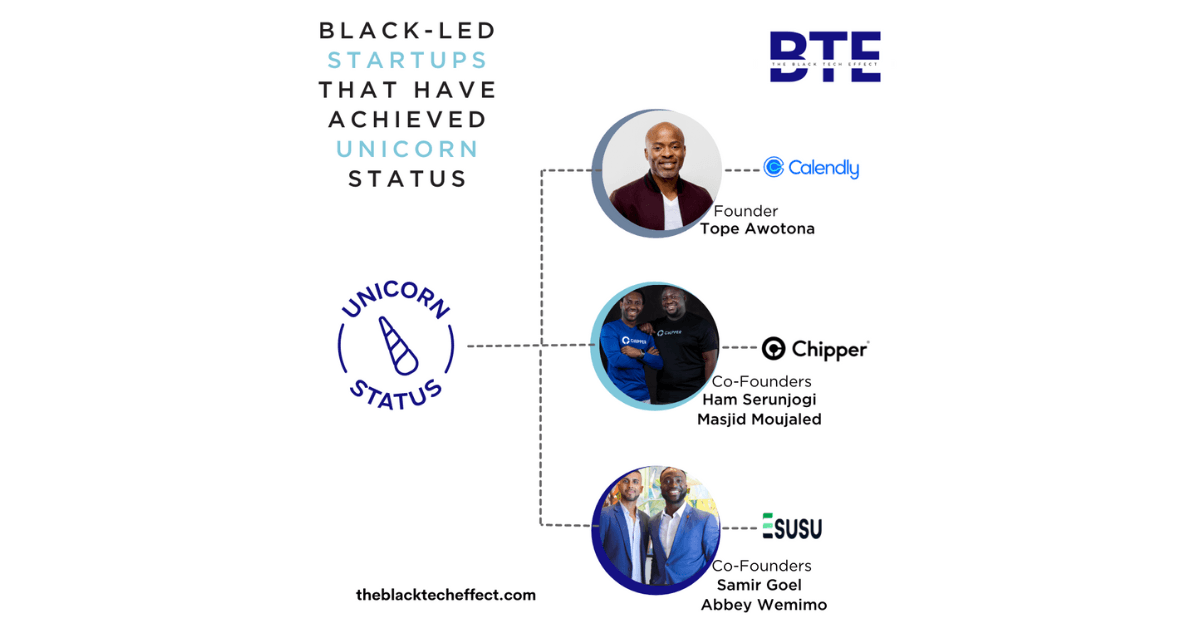KEY INSIGHTS:
- The mental health app industry was valued at $5.2 billion last year and is projected to continue growing.
- Black founders are building mental health tech platforms to support underrepresented communities that may not necessarily seek traditional mental health services.
- Alkeme Health, Artzy Bella and Libbie Health are some of the platforms launched in the last few years pioneering this movement.
A dearth of Black psychologists and psychiatrists, mistrust in the medical system, unequal access to healthcare and social stigma are some of the contributing factors as to why Black founders are building mental health tech platforms for underrepresented communities.
About 25 percent of Black Americans seek mental health treatment, compared to 40 percent of white Americans, and variation in symptoms of depression, particularly among Black women, can lead to underdiagnosis and missed care. Founders believe mental health and wellness platforms can bridge these parities by leveraging tech to supplement traditional mental health treatment.
While health tech funding slowed down in 2022, digital mental health startups still remained one of the top-funded areas. The global market for the mental health app industry was valued at $5.2 billion last year and is expected to continue growing.
BIPOC-focused Shine App has raised at least $10 million in capital and was acquired by the mental healthcare platform Headspace Health in September 2022. The Shine app was created by Marah Lidey, a Black woman, and Naomi Hirabayashi, a half-Japanese woman, who did not feel their identities represented in mainstream wellness.
In the last few years, some new platforms on the rise have created unique services to tap into the digital health market with focuses such as generational health for Black culture, art therapy and psychological acupressure.
Alkeme Health
Alkeme Health, founded by former NFL player Ryan Mundy in 2020, is a health and wellness platform addressing intergenerational trauma in the Black community.
Pivoting from a career as a professional athlete to a founder has transformed how Mundy approaches wellness himself. After retiring, he struggled with anxiety and depression during the transition which inspired him to develop Alkeme Health.
“As an athlete, I was well-versed in how to take care of my body physically and nutritionally. I knew exactly what to eat, how to train in the gym and how to care for my body. As a founder, and after discovering what works best for my own wellness practice, I take care of myself emotionally, mentally and spiritually now as well,” Mundy told The Plug.
“I carve out time in my calendar — literally, I have blocks on my calendar for breaks — to ensure I am not forgetting to eat lunch, taking walks and be the best father and husband,” he said.
Alkeme Health is powered by a team of Black therapists and wellness professionals who offer mental health video programs, guided meditations, live discussions and more. Alkeme’s experts cover topics such as stress and anxiety, racial trauma and microaggression, and love and relationships.
This month Alkeme expanded its services with the launch of the Alkeme Athlete Coalition, a community on the platform focused on providing mental health education and resources to athletes of all levels. Alkeme Health has raised $5 million to date.
Artzy Bella
Ashley Bella coalesced her background as a fine artist and a 10-year career in mental health services and social work to develop art therapy platform, Artzy Bella. Bella started Artzy Bella by purchasing $50 worth of art materials and offering paint parties. Now she has a brick-and-mortar studio in her hometown East Point, GA, and is launching her services on an app this month.
During the pandemic, the company doubled its revenue by shifting its services to a virtual setting through Zoom. The majority of its customer base also shifted from individual clients to companies seeking creative wellness workshops and clinical art therapy programs for employees working remotely.
Despite receiving some suggestions for Artzy Bella to live on as an app, Bella doesn’t plan to close her physical business; in fact, she plans to expand. Bella is working on franchising her business with plans to open studios in Nashville and California.
“The foundation of what I built through my company was my community work. It was my having a direct connection with people in the community and understanding what their needs are that inspired every feature we developed and every approach we take,” Bella told The Plug. “Part of the fiber of the company is the social impact that we’re able to make by being open.”
Artzy Bella has raised $85,000 in non-diluted capital through grants and pitch competitions, which Bella used to build her new app. The platform will include pre-recorded art classes, live sessions with licensed art therapists, AR and VR activities, and more. She is currently raising a $1.25 million pre-seed round to continue developing the app and scale the company.
“My goal in creating this space was I want people to feel the way that I make my friends and my family feel,” Bella said. “We just want to take that same vibe and have that on our app. We want people to feel that same thing and then we want to take that same feeling and duplicate it all over the country, and then eventually internationally.”
Libbie Health
Libbie Health, a mental wellness chatbot for women of color with self-care reminders, is focused on EFT-tapping (Emotional Freedom Technique), an alternative treatment using cognitive and somatic elements to relieve anxiety, stress and trauma.
Founder Colette Ellis, a behavioral health coach and an EFT-tapping practitioner, points to a study of 5,000 patients seeking treatment for anxiety across 11 clinics over five years as the basis of the research behind Libbie. Improvement was found in 90 percent of patients who received tapping therapy compared to 63 percent of those who received cognitive behavioral therapy.
“The original idea was can we build something that would help scale and digitize this healing method to reach more people. And then we have the pandemic and George Floyd and Breonna Taylor, and that was the first pivot to really think about who needs this kind of care, who needs this kind of support?” Ellis told The Plug. “That was when I thought of creating this specifically for women of color and other marginalized leaders.”
The platform runs on a subscription-based model with over 200 active app users as well as B2B by providing companies with employee wellness programming and access to its app. Libbie Health is currently raising an undisclosed pre-seed round and has received funding from angel investors and accelerator programs.
“When there’s a tragedy in terms of someone taking their life the spotlight gets refocused on mental health, but it’s really crucial, particularly for folks of color, to have these resources available. To have not just crisis support, but also preventative support,” Ellis said.








